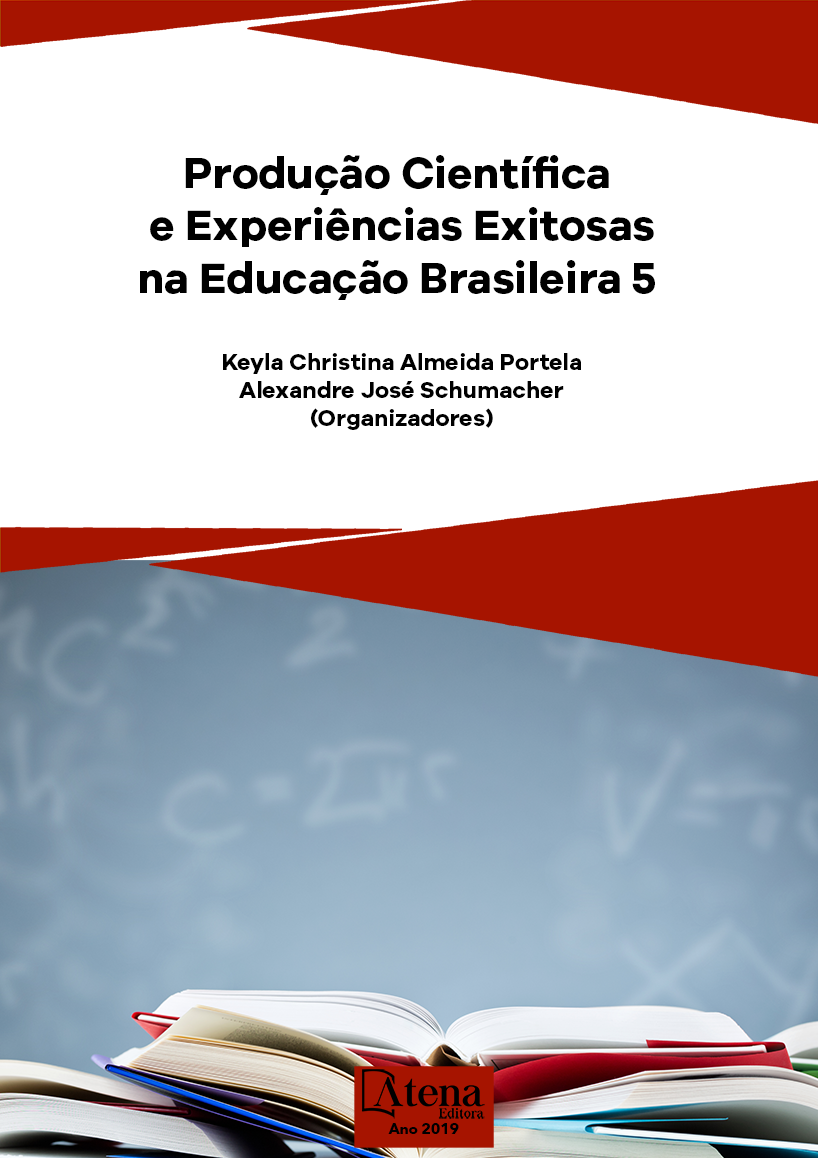
A EDUCAÇÃO FAMILIAR E O FEMINISMO ISLÂMICO COMO INSTRUMENTO DE LIBERTAÇÃO CULTURAL E SOCIAL
O presente trabalho tem como
objetivo discutir a importância da educação
como instrumento e/ou ferramenta de libertação
cultural e social das mulheres muçulmanas,
constantemente violentadas em seu direito.
Pretende-se demonstrar que por meio do
processo educativo e a formação do senso
crítico é possível combater às injustiças sociais
e a violência simbólica de forma mais efetiva.
Sendo esse combate feito não somente pelas
organizações internacionais, mas pelas próprias
vítimas de semelhantes violências. Para tanto
discutiremos aquilo que escolhemos chamar de
o fenômeno Malala e a força que esse fenômeno
tem como exemplo multiplicador. Temos como
principais referenciais teóricos Bordieu e
Malala. Realizaremos a discussão proposta por
meio da apresentação e análise dos exemplos
dados por Malala e os efeitos que estes tiveram
na busca da igualdade entre os gêneros nas
sociedades muçulmanas. Concentrar-nosemos
no conceito de violência simbólica
proposto por Bordieu como forma de nortear
a reflexão sobre a importância da educação,
considerada em seu caráter duplo: como forma
de institucionalização da violência simbólica e
também como instrumento de seu combate. Vêse
que a educação nesse contexto e em outros
funcionaria como instrumento nocivo ou salutar
dependendo da forma como é empregada. Por
fim pretendemos demonstrar a importância da
educação formal familiar como suporte para o
combate efetivo da violência simbólica como é
o caso de Malala
A EDUCAÇÃO FAMILIAR E O FEMINISMO ISLÂMICO COMO INSTRUMENTO DE LIBERTAÇÃO CULTURAL E SOCIAL
-
DOI: 10.22533/at.ed.5561920082
-
Palavras-chave: Violência simbólica, educação, direitos humanos, Malala.
-
Keywords: Symbolic violence, education, human rights, Malala
-
Abstract:
This paper aims to discuss the
importance of education as an instrument and
/ or tool for the cultural and social liberation of
Muslim women constantly violated in their law.
It is intended to demonstrate that through the
educational process and the formation of the
critical sense, the fight against social injustices
and symbolic and real violence can be combated
more effectively not only by international
organizations, but also by the victims of such
violence. For this we will discuss what we
choose to call the Malala phenomenon and the
Produção Científica e Experiências Exitosas na Educação Brasileira 5 Capítulo 2 11
force that this phenomenon has as a multiplier example. We have as main theoretical
references Bordieu and Malala. We will carry out the proposed discussion through the
presentation and analysis of the examples given by Malala and the effects they have
had in the search for equality between the genders in Muslim societies. We will focus
on the concept of symbolic violence proposed by Bordieu as a way of guiding reflection
on the importance of education as a form of institutionalization of symbolic violence and
its more effective combat. It is seen that education in this context and in others would
act as a harmful and / or salutary instrument depending on how it is employed. Finally,
we intend to demonstrate the importance of family formal education as a support for the
effective combat of symbolic violence, such as Malala
-
Número de páginas: 15
- Nathalia Rafaela Paes e Silva
- Lucas Batista Carriconde


